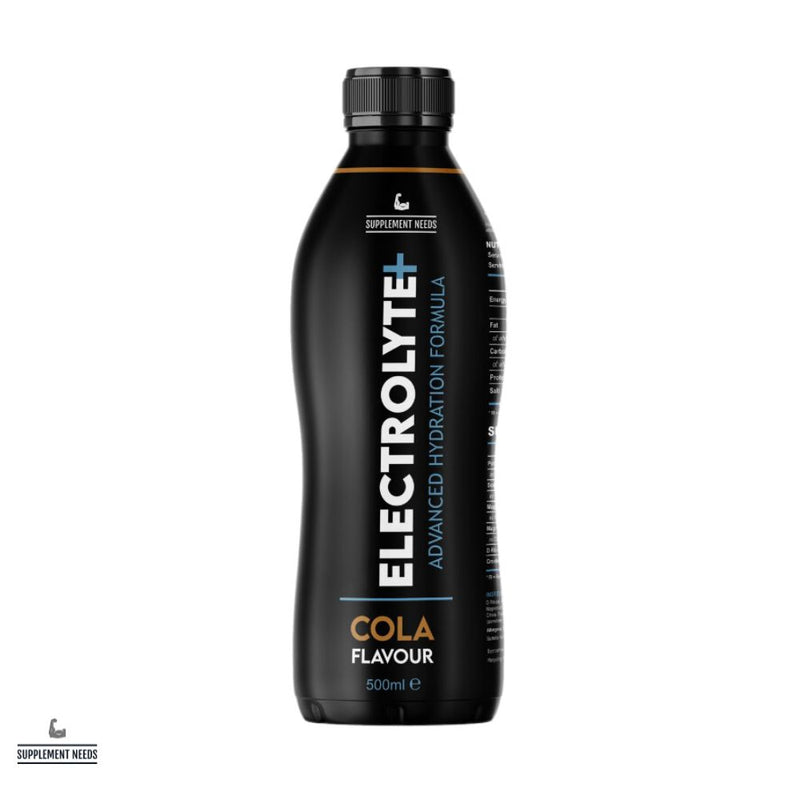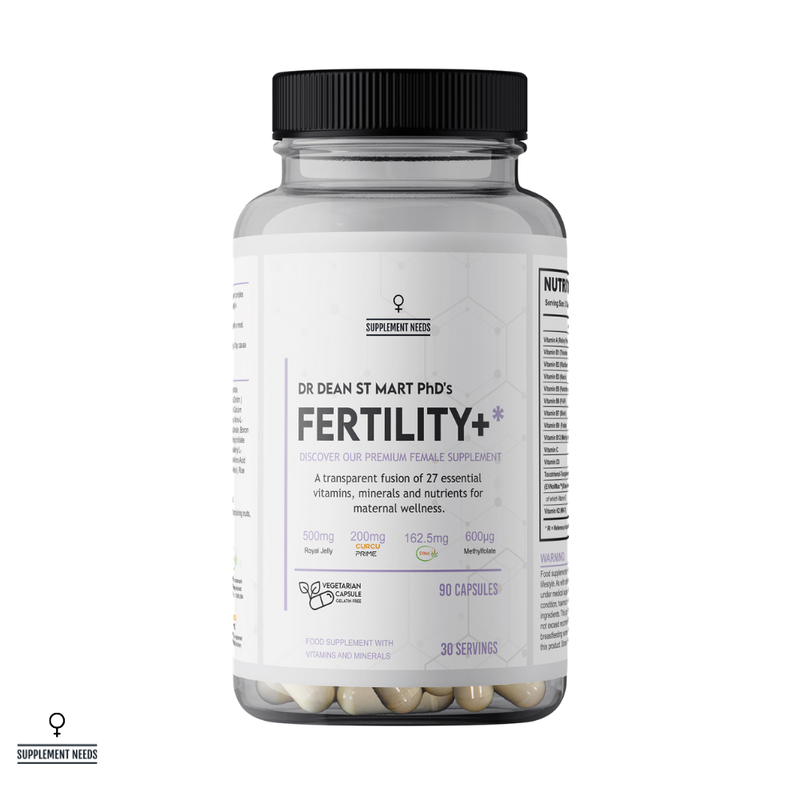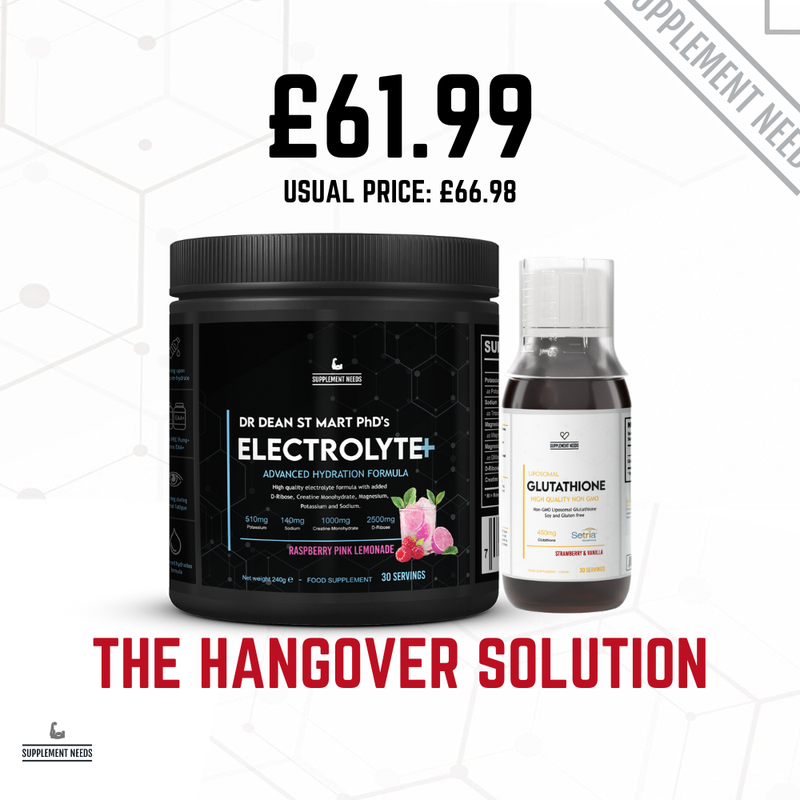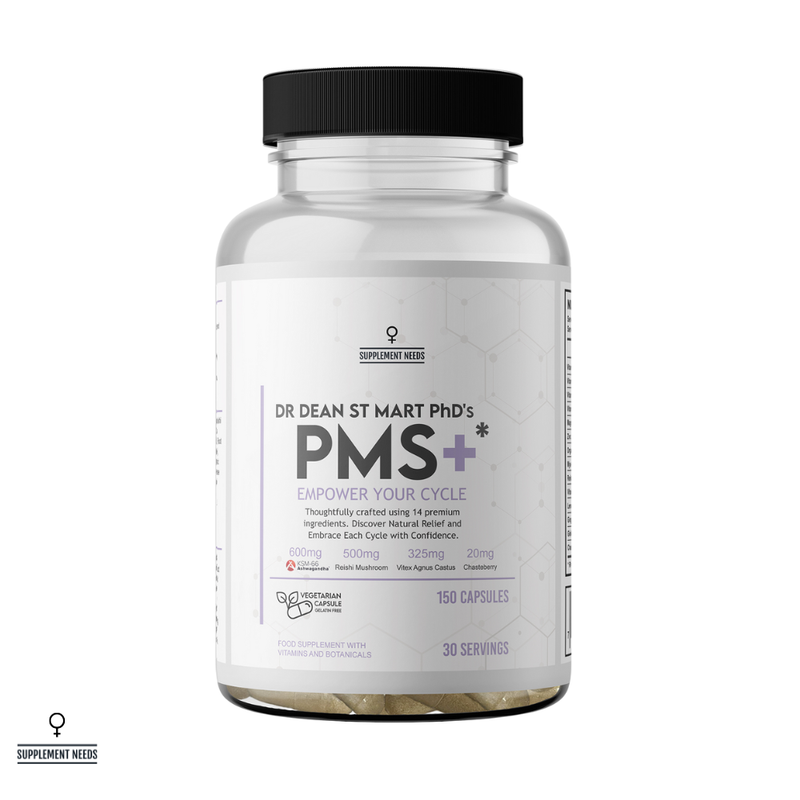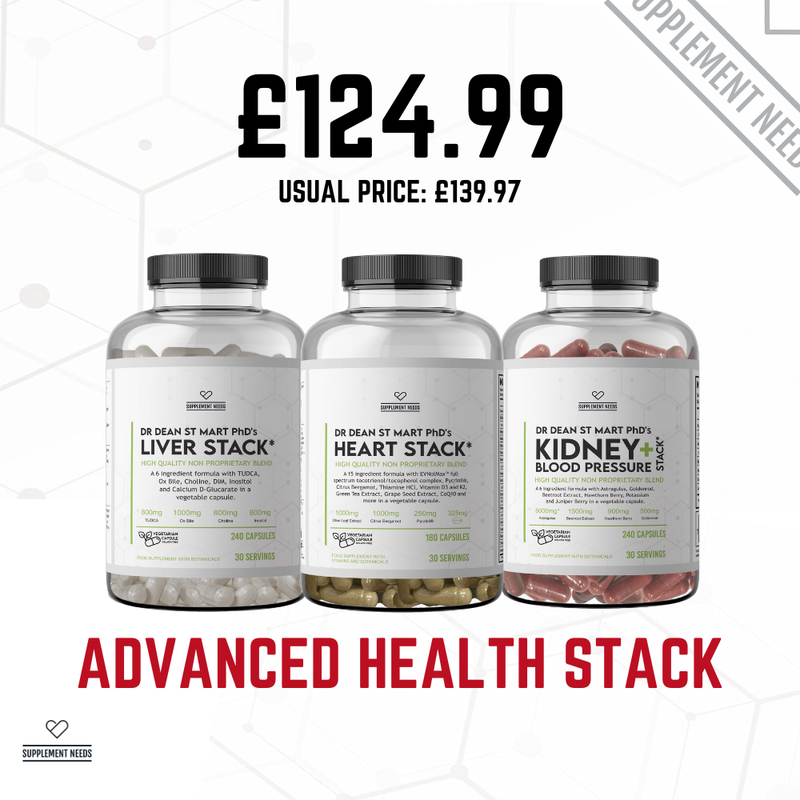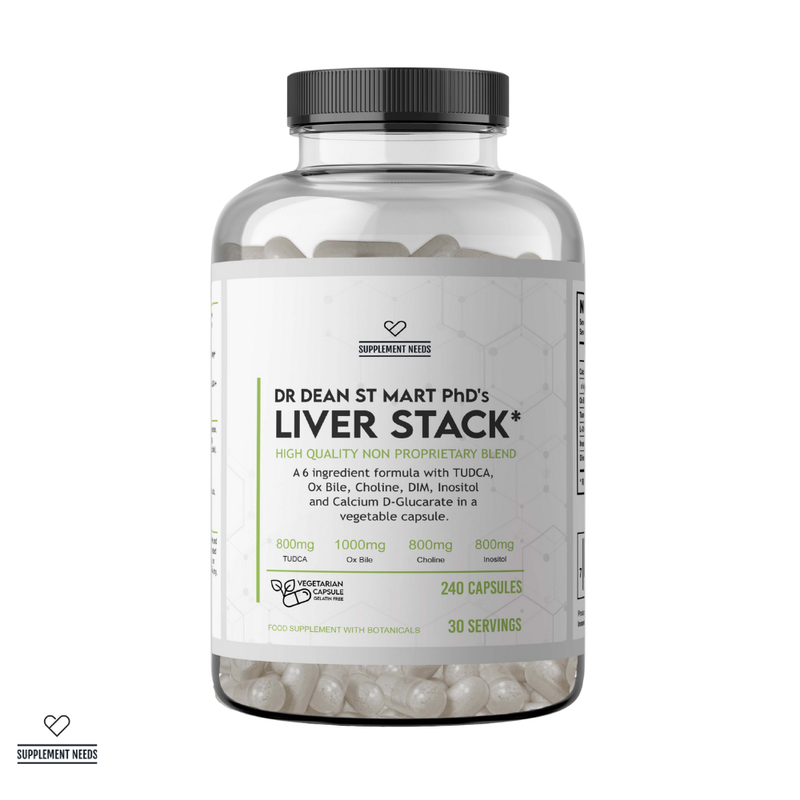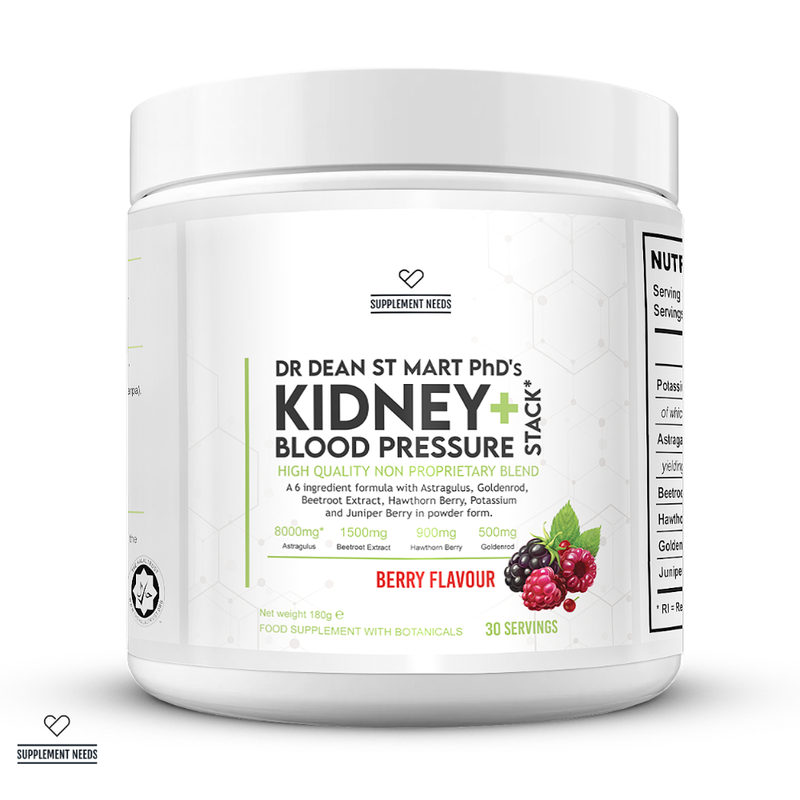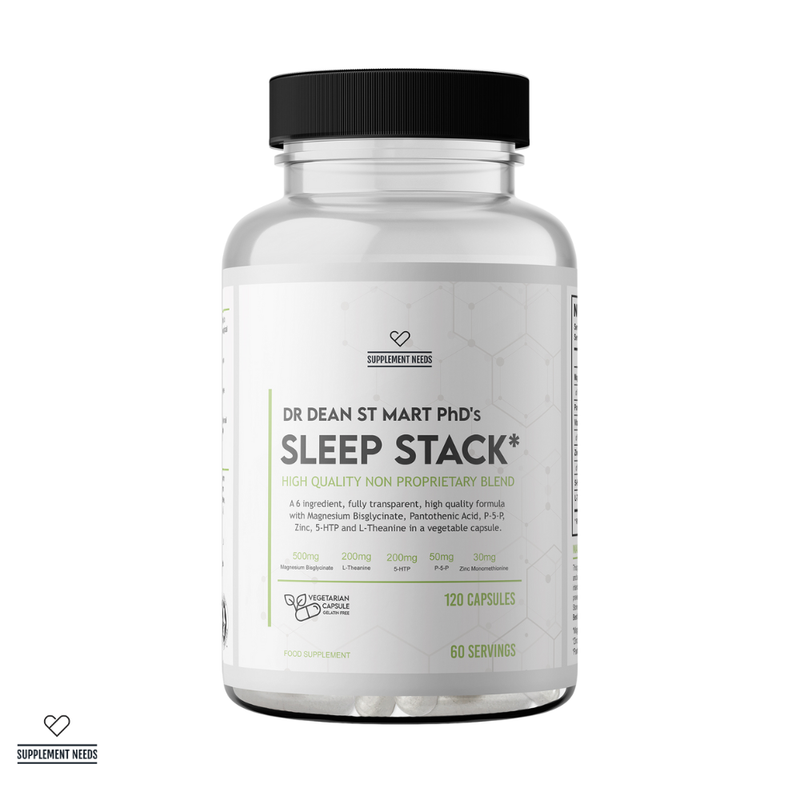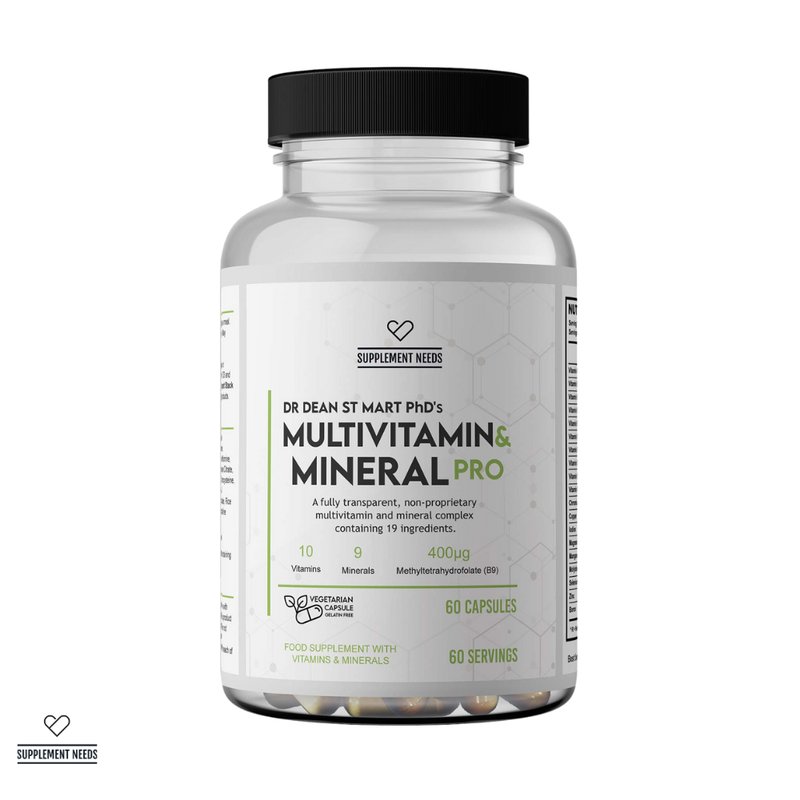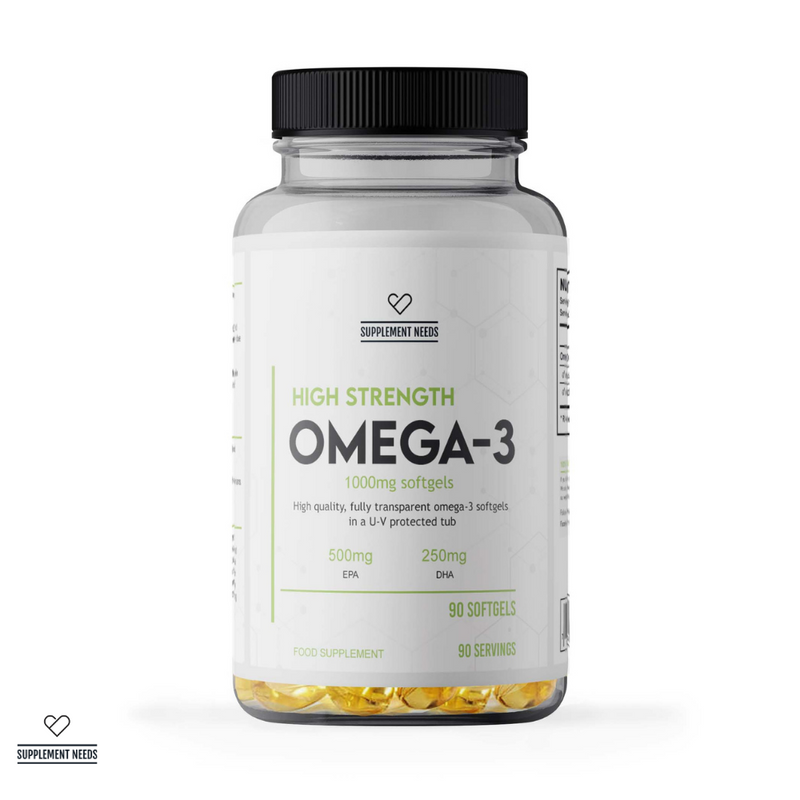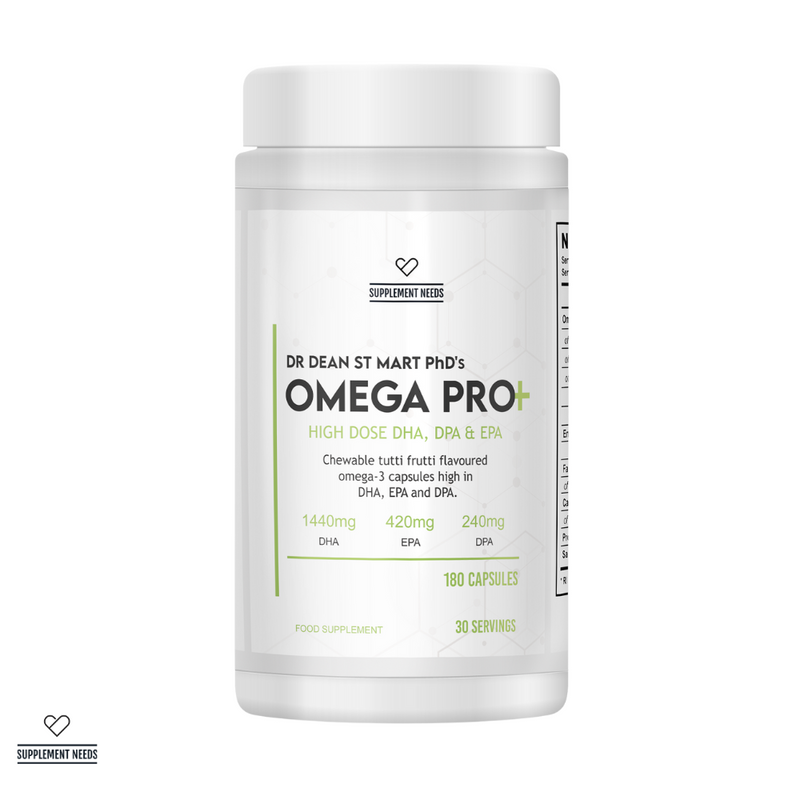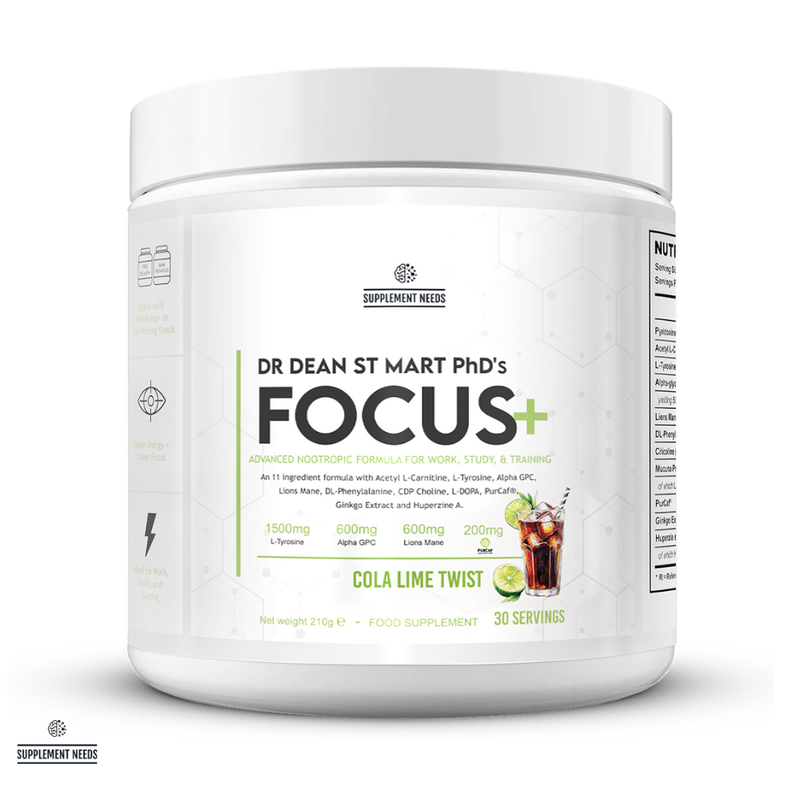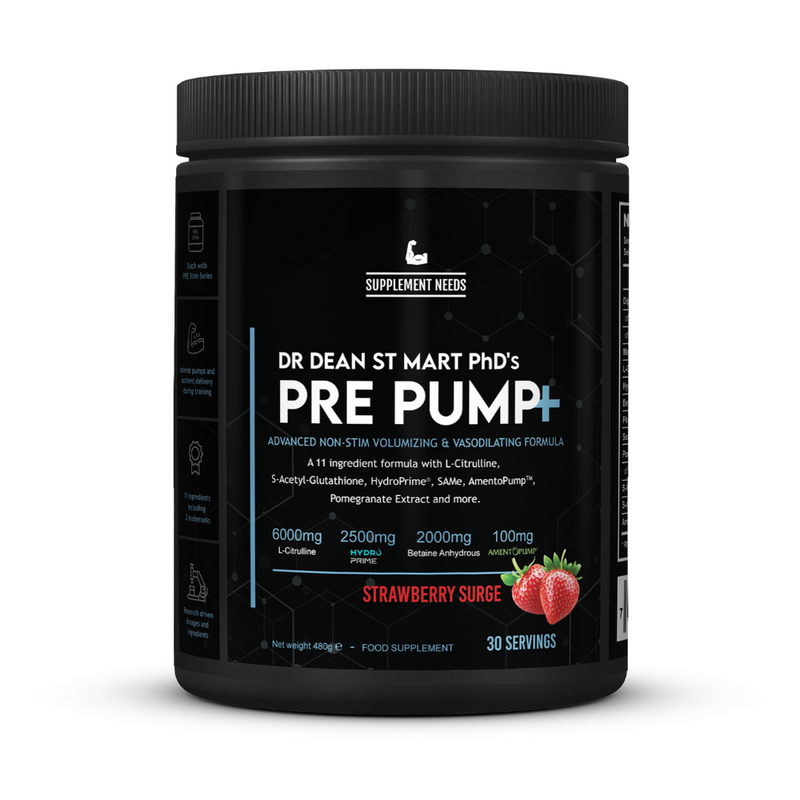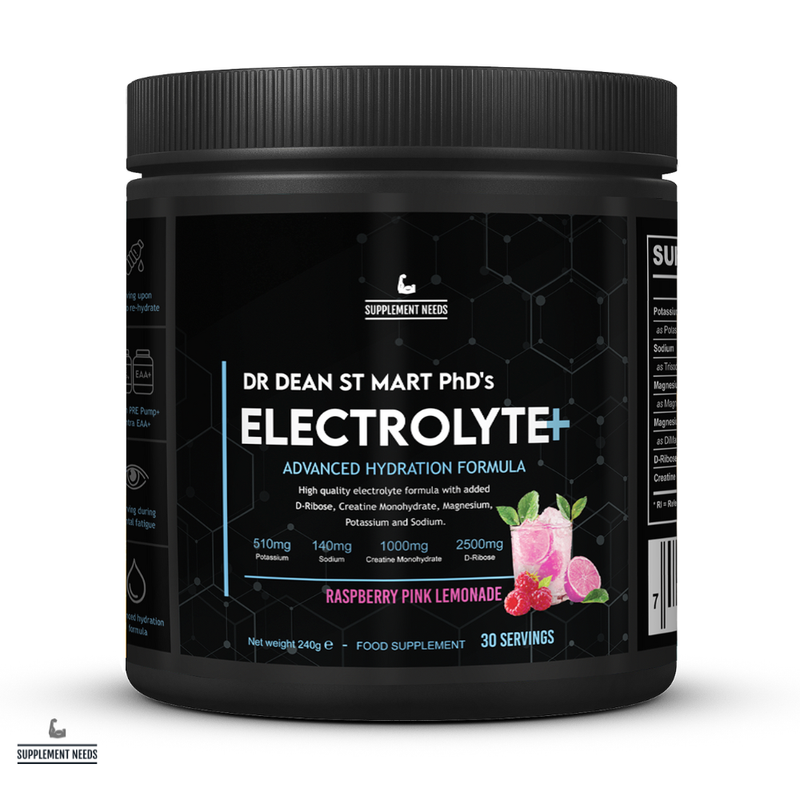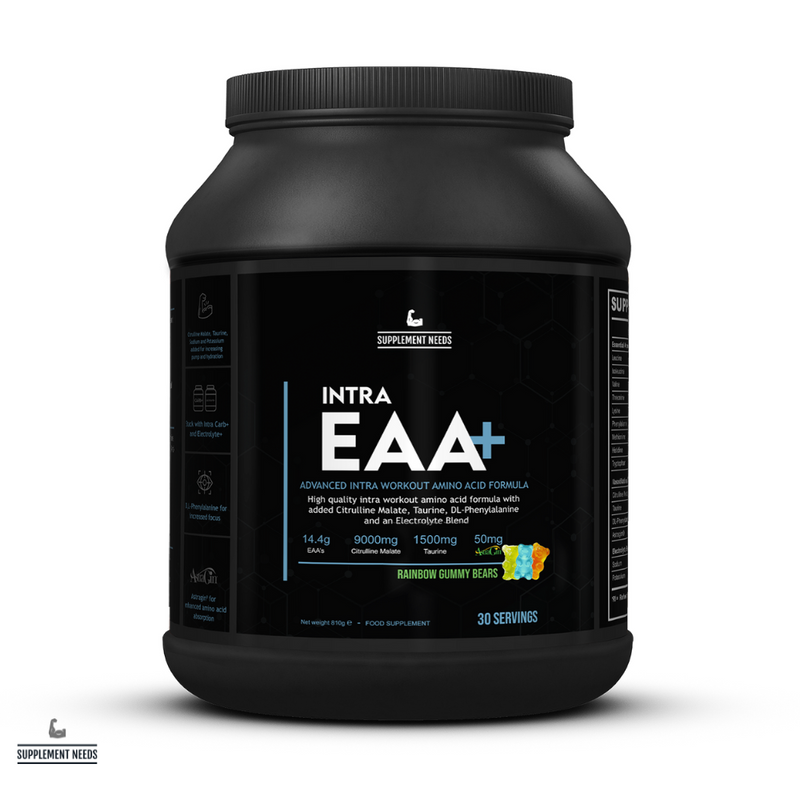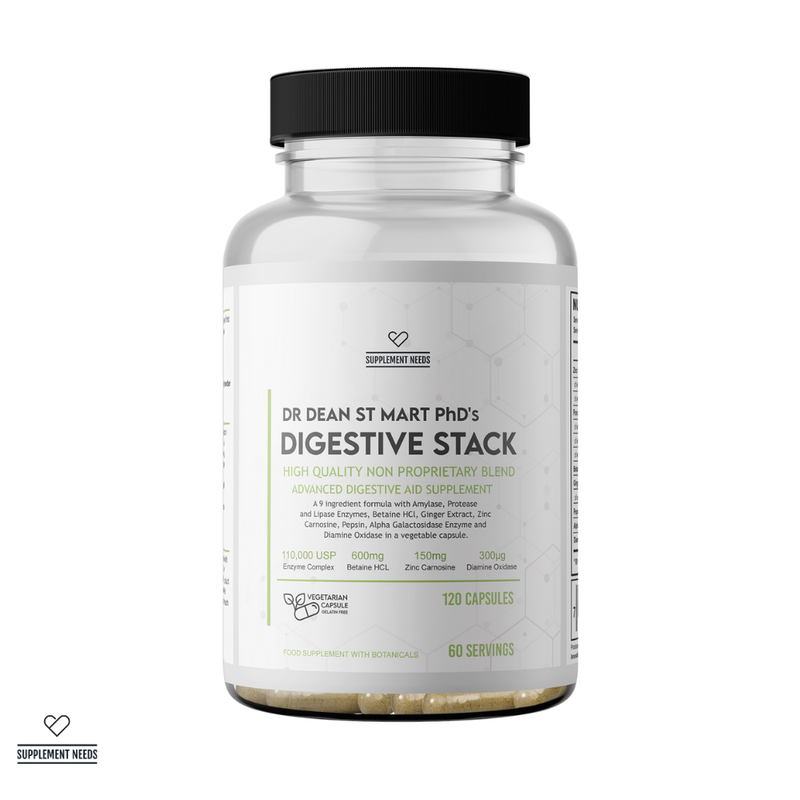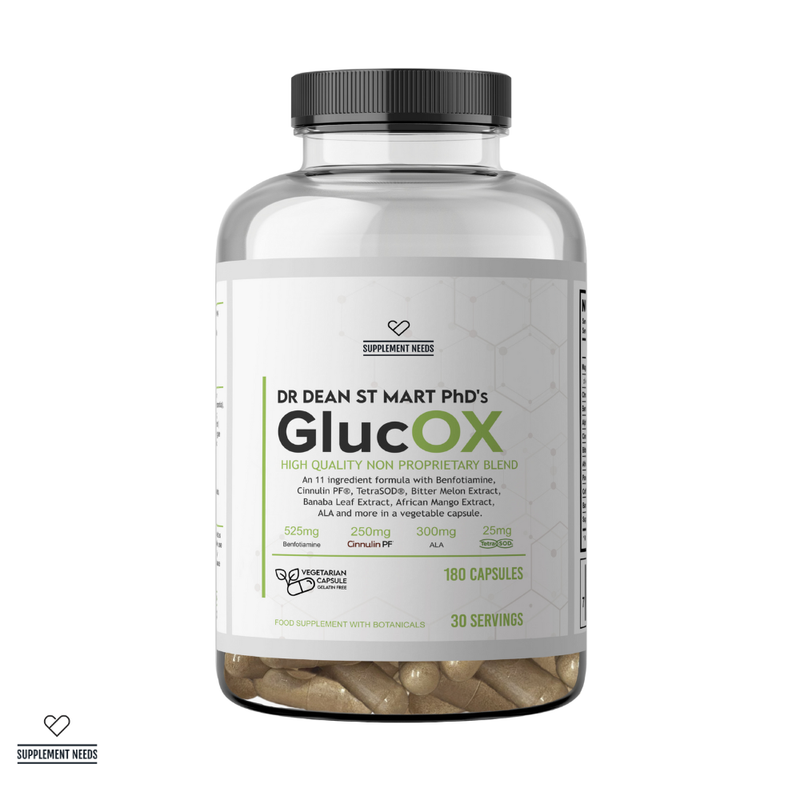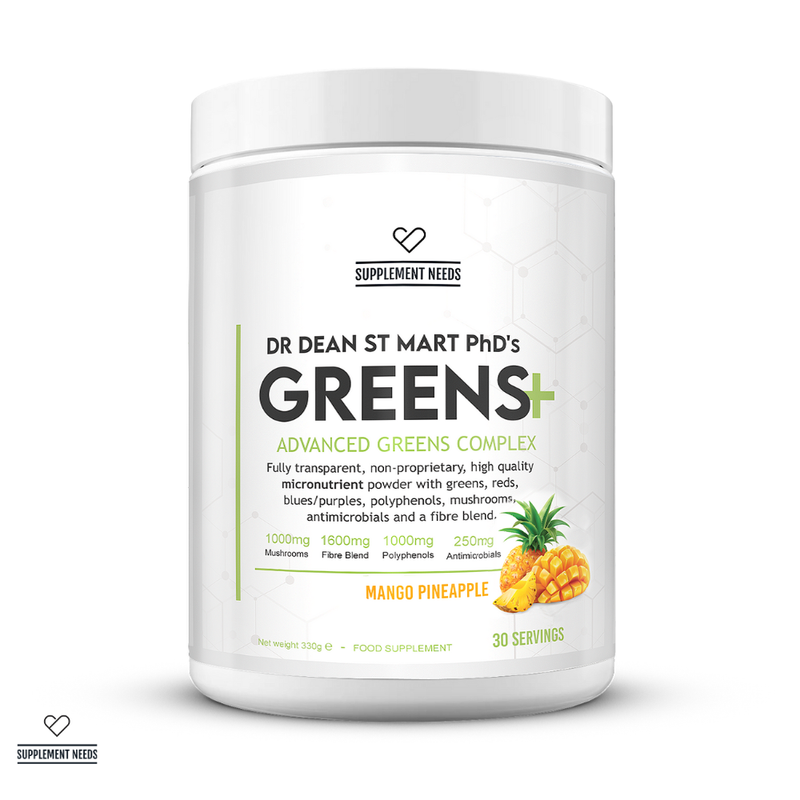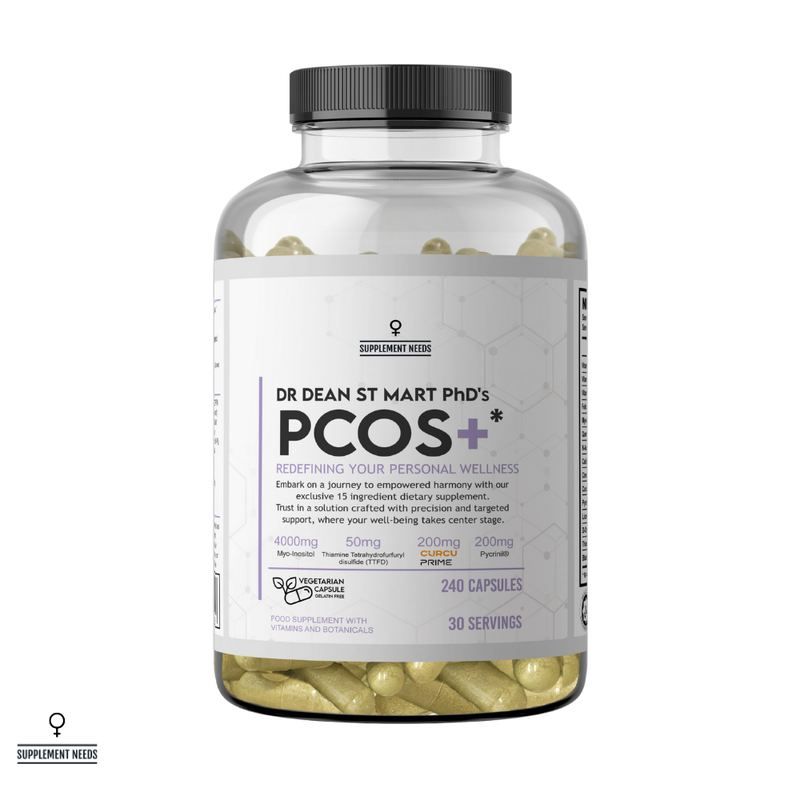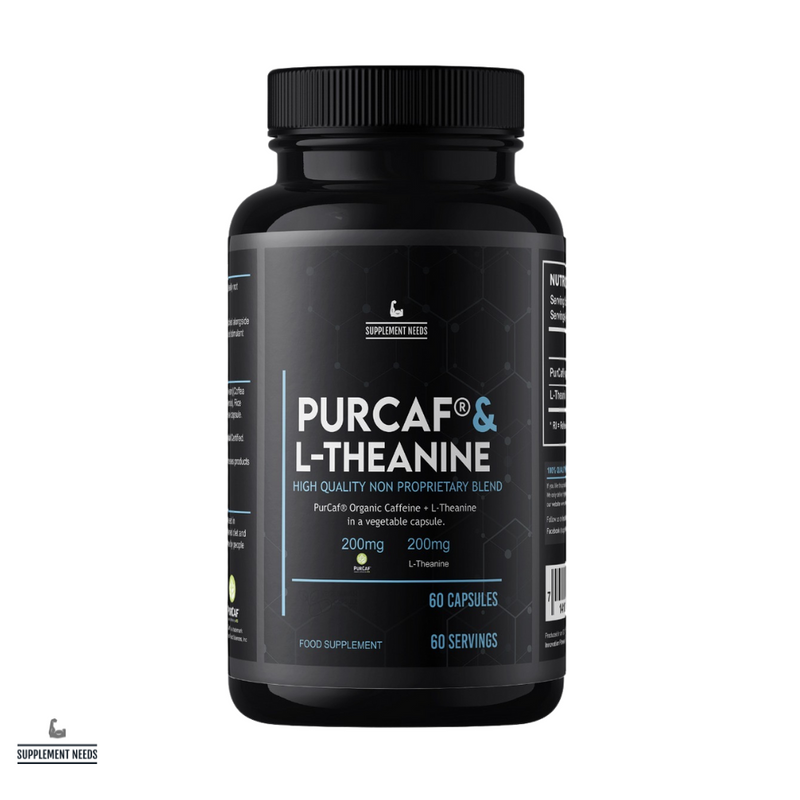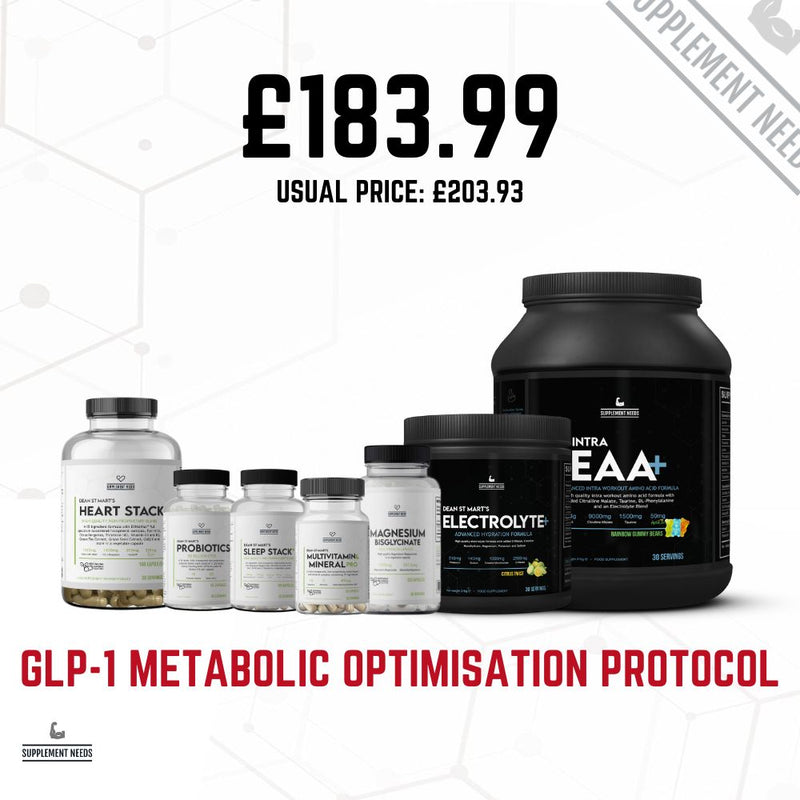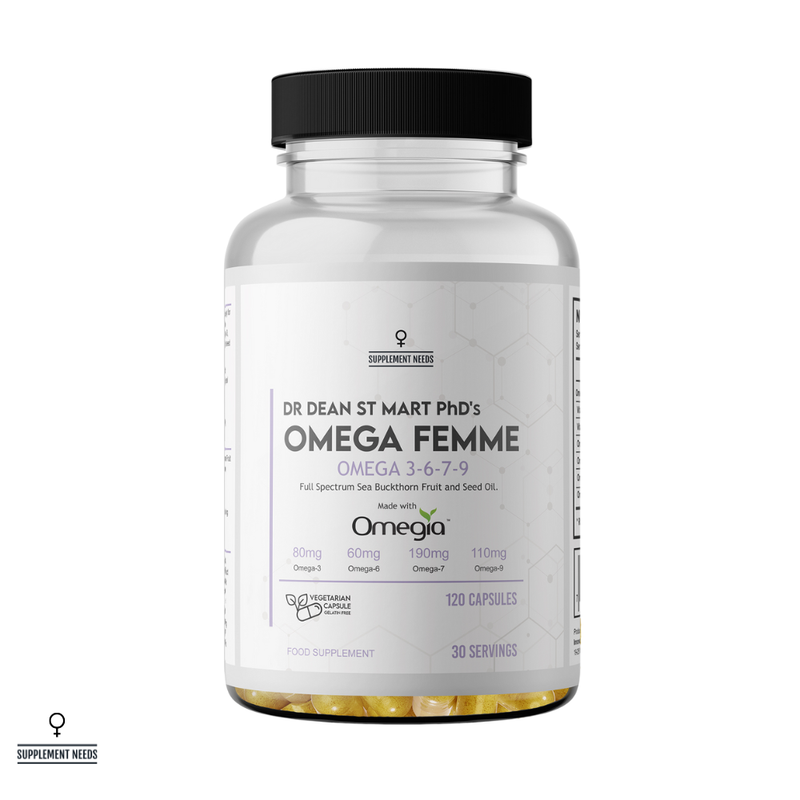Omega 3 fatty acids have been shown in studies to contribute to a wealth of health benefits. Purported benefits of Omega 3 EFAs include; supporting cardiovascular health, resisting age-related macular degeneration (eye health), alleviating chronic inflammatory conditions, contributing to healthy skin, resisting cognitive decline and more.
To put things more directly, every tissue in your body requires Omega 3 (and Omega 6) fatty acids in order to function properly. They really are that important!
As you can see, Omega 3 fatty acids have been extensively studied and can potentially offer a number of health benefits - so it’s no surprise that Omega 3 is the fourth most popular type of supplement in the UK after only Vitamin D, multivitamins, and Vitamin C (as per a Lumina Intelligence survey).
What is Omega 3?
Clearly, Omega 3 fatty acids can potentially yield a number of health benefits. But, what exactly are Omega 3 fatty acids?
In simple terms Omega 3 refers to a group of polyunsaturated fats (at the time of writing scientists have identified a total of 11 Omega 3 fatty acids). They are considered to be ‘essential’, meaning they are required for the healthy functioning of your body, but cannot be synthesised endogenously. In other words, you need Omega 3 fatty acids in order to be healthy, but you must source them from outside your body (e.g. in foodstuffs).
The three Omega 3 fatty acids that most commonly occur in foodstuffs are:
- Alpha-Linolenic-Acid (ALA) - this is found in most plant-based foodstuffs and is also an essential precursor to EPA and DHA.
- Eicosapentaenoic acid (EPA) - found directly in a broad range of seafoods (especially oily fish), EPA can also be created within the body via the conversion of ALA - although this process is highly inefficient.
- Docosahexaenoic acid (DHA) - this essential fatty acid is also found abundantly in seafoods such as oily fish. It also tends to be present in meat, eggs and dairy in significant amounts. DHA can also be synthesised via its precursor ALA, but this process is even less efficient than the ALA to EPA conversion process.
Another Omega 3 fatty acid that you’ll find in premium supplements is DPA (Docosapentaenoic acid). Studies have indicated that DPA can have several health benefits, most notable being improved lipid metabolism and resolution of chronic inflammation.
What to look for in an Omega 3 supplement
A brief Google search will show you that there are literally hundreds of different Omega 3 EFA supplements on the market.
But, as with any other type of supplement, the quality and efficacy of Omega 3 supplements can vary wildly from brand to brand.
Here are the key characteristics and features that a quality Omega 3 should present:
Derived from fish oil
The very best Omega 3 fatty acids are derived from fish oils. Look for either ethyl ester fish oil, or even better, triglyceride-based fish oil (which is more easily absorbed by the body).
Here at Supplement Needs we have both bases covered. If you want a cost-effective ‘every day’ Omega 3 supplement, then choose Supplement Needs Omega-3 which uses ethyl ester fish oil.
If, on the other hand, you’re looking for a premium Omega 3 supplement and are particularly concerned about bioavailability, then choose Supplement Needs Omega PRO+. This uses triglyceride-based fish oil which is better absorbed by the body. Ingested triglycerides pass through the stomach into the small intestine where they dispersed as micelles (acted upon by bile salts). Once dispersed as micelles, the triglycerides are hydrolysed by pancreatic lipases and subsequently absorbed through the wall of the small intestine.
Constituent fatty acids
You’ll find that many supplements are simply labelled as generic ‘Omega 3 supplements’. But, that doesn’t tell you the full story of a supplement.
Instead, you should check the constituent fatty acids that are present within an Omega 3 supplement.
As a minimum, you want an Omega 3 supplement to contain at least EPA and DHA - two of the most important fatty acids.
However, the very best Omega 3 supplements will not only contain EPA and DHA, but DPA as well.
Why doesn’t every Omega 3 supplement contain DPA? Because it’s exceptionally difficult to obtain during the distillation process of fish oil. Even when it can be isolated, the DPA fraction is easily oxidised, making the manufacturing process even more complex.
As you’d expect, we’ve (yet again) covered all the bases at Supplement Needs.
The Supplement Needs Omega-3 contains both EPA and DHA. Our premium Supplement Needs Omega PRO+ contains EPA, DHA and that ultra elusive DPA. As we saw earlier, DPA has been linked to several distinct potential health benefits including improved lipid metabolism and resolution of chronic inflammation.
Dosage
Just as you should check the constituent fatty acids within an Omega 3 supplement, it also pays (literally) to check the dosage of those constituent EFAs.
If an Omega 3 supplement isn’t transparent about its EFA dosage, then leave it on the shelf!
According to heart health charity Heart UK, the average adult in the UK should aim to take approximately 500 mg of EPA and DHA combined each day (which is equivalent to a 140 g portion of oily fish once a week).
Supplement Needs’ Omega-3 and Omega PRO+ products easily hit that milestone. Our Omega-3 supplement provides 500 mg of EPA and 250 mg of DHA per capsule. Supplement Needs Omega PRO+ provides 420 mg of EPA, 240 mg of DPA and 1440 mg of DHA per serving (6 chewable softgels).
Quality manufacture
As we mentioned earlier, Omega 3 production can be a particularly complex process (if done correctly). So, if you want to enjoy an Omega 3 supplement that contains an efficacious dose of the important EFAs, it’s essential that you buy one that’s been manufactured to the highest standards.
Remember, being derived from fish oil Omega 3 fatty acids oxidise easily - so, cheap, poorly manufactured supplements can be worse than useless.
Naturally, Supplement Needs’ Omega 3 supplements are manufactured in line with Good Manufacturing Practices (GMP) and ISO 22000:2018. We also ensure that, where our supplements contain DPA, they utilise a precision, delicate manufacturing process to isolate and preserve the relevant fractions.
